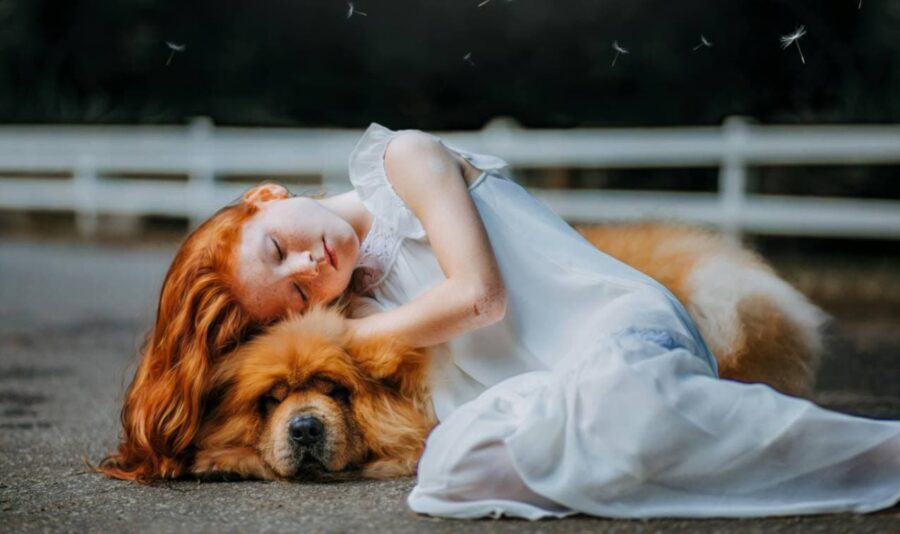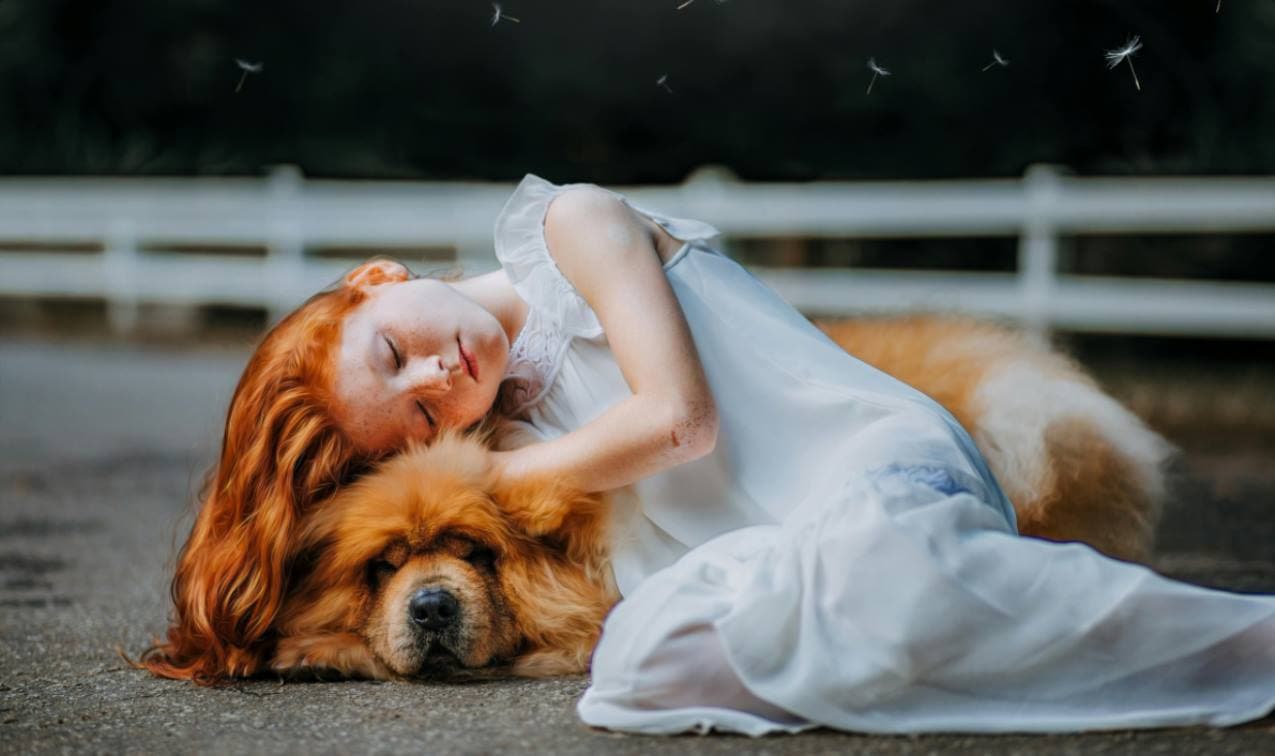
Fostering a safe & positive bond between your child and dog
Children can learn a lot from their relationship with animals, fostering companionship, security, joy, empathy, and lifelong lessons in responsibility.

Dogs and children can be the best of friends, bringing laughter, companionship, and a sense of responsibility into each other’s lives. But like any relationship, building a strong bond between them takes time and effort.
The Spruce Pets suggests that there is increasing proof supporting the idea that pets, particularly dogs, have benefits for children. While this evidence might aid a child in persuading their parents to adopt a pet, forming a strong bond isn’t always immediate. Here are some tips to help your furry friend and your little one become the ultimate pawsome duo:
SUPERVISED PLAYTIME BETWEEN A DOG AND A CHILD IS KEY:
Plan playtime sessions where your child and dog can interact safely. Involve your child in activities like fetch or throwing a frisbee in the park. Remember, always supervise these interactions, especially with younger children. Teach your child gentle petting techniques and how to read a dog’s body language to avoid any misunderstandings.
SHARING THE RESPONSIBILITY:
Involve your child in age-appropriate dog care tasks. This could be filling the water bowl, brushing the dog (with supervision), or helping with basic training commands. Giving your child a sense of responsibility for their furry friend fosters a sense of connection and respect.
LEARNING ABOUT RESPECTFUL INTERACTIONS:
Educate your child on how to treat animals kindly. Explain that dogs have feelings too, and roughhousing or pulling fur can be hurtful. Teach them proper petting techniques and when to give the dog space.
BUILDING POSITIVE ASSOCIATIONS:
Make sure all interactions between your child and dog are positive. When the dog displays good behavior around your child, reward them with treats or praise. This reinforces positive associations and encourages the dog to want to be around your child.
SAFETY FIRST:
Never leave a young child alone with a dog, regardless of breed or temperament. Even the most patient dog can become overwhelmed. Provide a safe space for the dog to retreat to if they need a break from playtime.
TRAINING TIME AS FAMILY TIME:
Enrol in a puppy or basic obedience class together. This is a fantastic way to bond as a family while teaching your dog valuable skills. Many classes welcome children to participate, fostering communication and teamwork between them and the dog.
By following these tips, you can create a safe and loving environment where your child and dog can develop a strong, positive bond that will bring joy to your entire family. Remember, patience and supervision are key!
Artificial Intelligence assisted in compiling this article.
